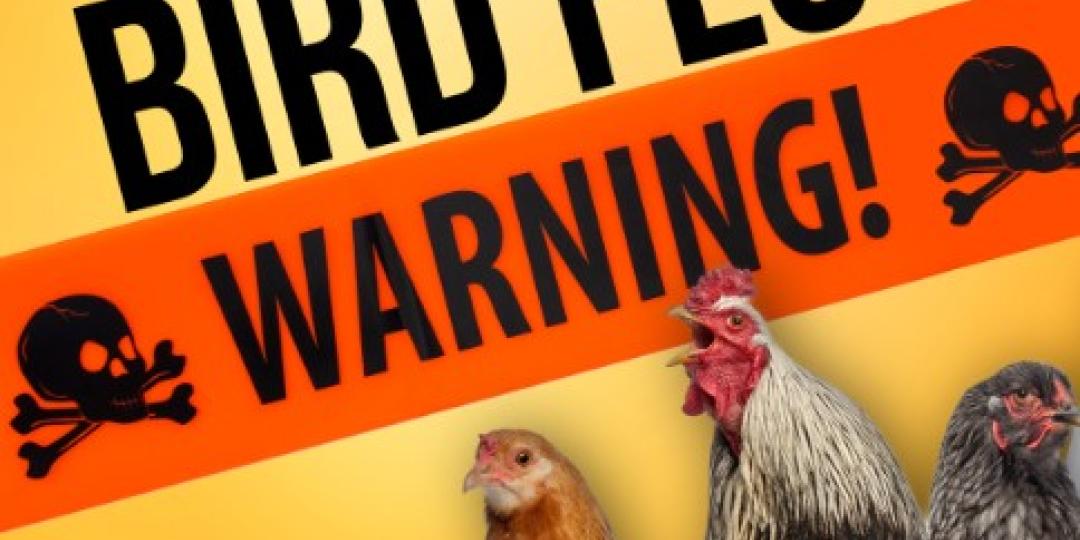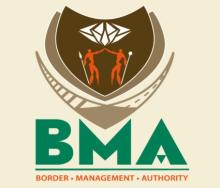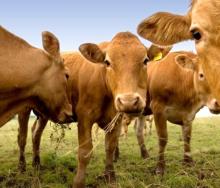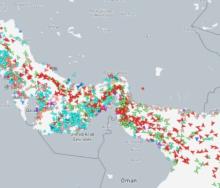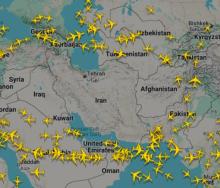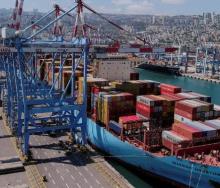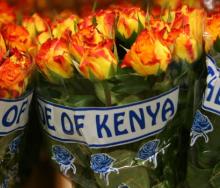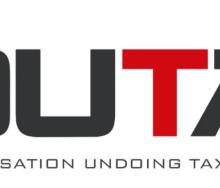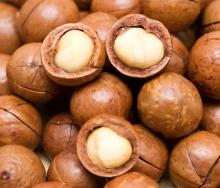South Africa’s poultry producers have sounded the alarm over a Department of Agriculture policy change that they say could expose the country to new outbreaks of highly pathogenic avian influenza (HPAI/bird flu).
The decision gives United States authorities the power to determine which of their states can export poultry to South Africa following bird flu outbreaks – a move industry leaders have described as reckless and dangerous.
According to the South African Poultry Association (Sapa), the department’s decision effectively allows the US to “self-impose and self-lift” bird flu trade restrictions without direct oversight from South African officials.
SAPA CEO Izaak Breitenbach, said the local industry had not been consulted before the change, which was implemented three months ago.
“These decisions have previously been taken by the Department of Agriculture, based on US notifications to the World Organisation for Animal Health (WOAH). However, the department has now allowed the US to ‘self-impose and self-lift’ bird flu restrictions,” he said.
“This decision – quietly implemented three months ago with no consultation with the domestic industry – is an alarming abdication of its responsibility to defend South Africa’s poultry sector.”
Breitenbach warned that the policy put the country at risk of importing the virus, as bird flu continued to affect poultry-producing states across the US.
“All poultry producing states in the US have been affected, and 27 of those states are currently banned by the South African authorities from exporting poultry to this country.”
He added that allowing the US to decide its own export conditions created a clear conflict of interest.
“The risk is palpable: a country grappling with widespread outbreaks of bird flu can now prioritise its own interests and potentially expose South Africa to the very disease that cost this industry R9.5 billion and wiped out 30% of its long-living chicken flock in 2023.”
The poultry industry fears the move could open the door for other major exporters, such as Brazil and the European Union, to seek similar concessions, further endangering the sector.
“We call on the Department of Agriculture to end this ‘concession’ and restore its role as a protector of the local industry, the workforce it supports, and the nation’s food security,” he said.
FairPlay Movement founder Francois Baird echoed these concerns, describing the shift as a “flawed process” that should be withdrawn immediately.
“It is now handing that responsibility over to the US authorities, whose obligation is to look after American poultry producers. That is an obvious conflict of interest.”
Baird also questioned whether similar arrangements could follow with other exporters.
“Will the department hand that responsibility over to other governments, such as Brazil, which is now compartmentalised for bird flu? Or is this part of the trade deal being negotiated between South Africa and the US?”
